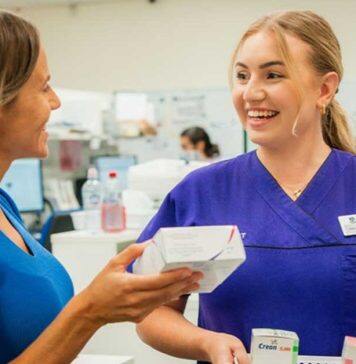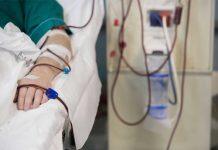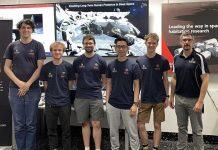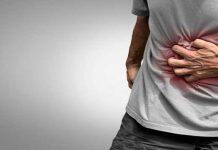Atlantic killer whales show dangerously high levels of toxic chemicals: study
Findings indicate PCBs, DDT continue to pose threats decades after they were banned, even as decline in contamination levels overall testifies to bans’ positive impact, researcher said.
Help shape research to improve children’s surgery experience
Calling all young patients! Have your say in groundbreaking research on anaesthesia and perioperative care – medical support given before, during and after surgery to ensure the best outcome.
Stardust clues show Sun took 10-20 million years to form
Stardust left behind from the dawn of our solar system has allowed scientists to estimate the Sun took between 10 and 20 million years to form.
University of Birmingham visit highlights research partnerships and student exchange programs
As part of an ongoing partnership focused on collaboration, student experience and research, McMaster welcomed visitors this month from the University of Birmingham (UoB)...
Blood vessel-like coating could make medical devices safer for patients
University of B.C. researchers have developed a groundbreaking coating that could make medical devices safer for millions of patients...
Robotics students pit their skills on global stage
The University of Adelaide Rover Team has been selected as one of only seven teams globally to participate in the IEEE Telepresence Competition on Saturday, 16 November (ACDT).
University of Toronto to increase base funding for PhD students to $40,000 per year
The University of Toronto is increasing funding for PhD and SJD (doctor of juridical science) students across its three campuses in an effort to alleviate students’ financial stress...
Australia’s productivity problem is no easy fix
New innovations and technological advances are needed to lift Australia’s flagging growth and productivity writes Roy Green.
New research seeks to better understand the role of the gut microbiome in Crohn’s...
Researchers at the University of Glasgow have secured more than $3m to study the role the gut microbiome plays in post-operative outcomes for patients with Crohn’s disease.
Education graduates need to be better equipped to teach children how to read
Canadian education graduates are leaving universities with limited knowledge of the skills required to teach children to read, according to a literacy expert at the University of Alberta and his collaborators across Canada.
















































